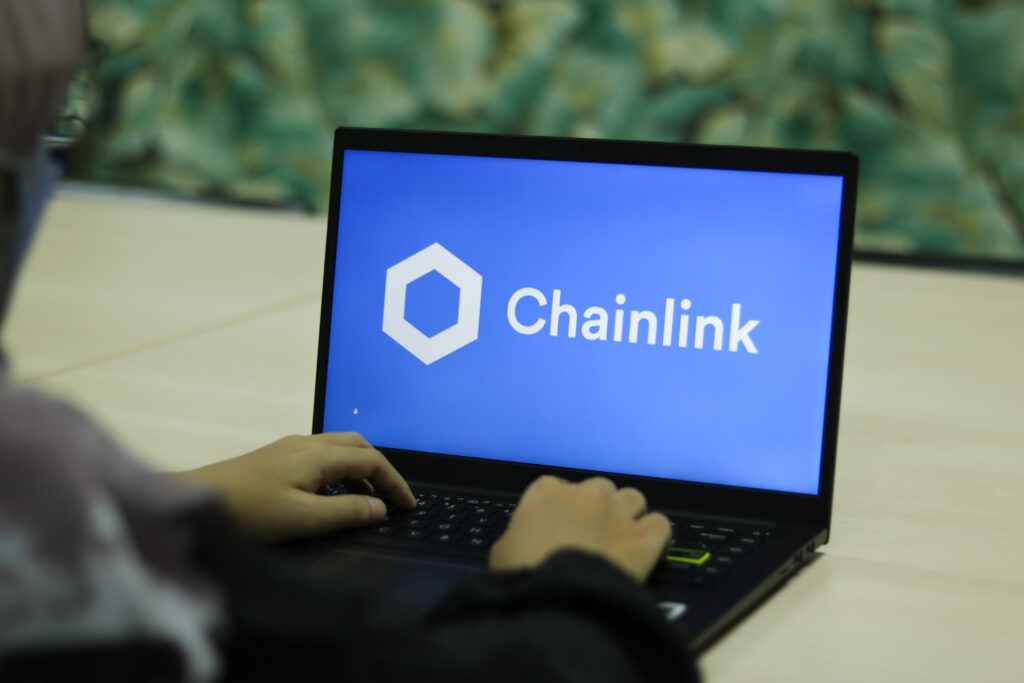
Key Takeaways:
- SBI Group and Chainlink have partnered to develop blockchain tools for Asia-Pacific financial institutions, focusing on RWA tokenization and stablecoin reserve verification.
- The partnership will utilize Chainlink’s interoperability and data feed technologies to enable onchain fund NAVs, FX services, and cross-border transactions.
- This is SBI’s fourth blockchain alliance in days, also teaming up with Circle, Ripple, and Startale to advance stablecoin use and onchain trading infrastructure in Japan.
SBI Group has partnered with blockchain oracle provider Chainlink to introduce blockchain-based financial tools across Asia, beginning in Japan.
The collaboration focuses on enabling cross-blockchain tokenization of real-world assets (RWAs), such as onchain bonds, and applying Chainlink’s technology for onchain verification of stablecoin reserves.
We’re excited to announce a strategic partnership between Chainlink and SBI Group one of Japan’s largest financial conglomerates with the USD equivalent of over $200 billion in total assets.https://t.co/ZNyq7bVvUb
— Chainlink (@chainlink) August 25, 2025
SBI Group and Chainlink will focus on powering several… pic.twitter.com/tdbLXOkUnW
Chainlink’s interoperability protocol will support applications including foreign exchange, cross-border payments, and RWA tokenization.
Co-founder Sergey Nazarov highlighted that the two companies have already been working on advanced use cases involving fund tokenization and stablecoin settlements.
Additionally, Chainlink’s data feed services will bring net asset value (NAV) data onchain for tokenized funds.
This marks SBI’s fourth blockchain alliance in just a few days, following new partnerships with Circle, Ripple Labs, and Web3 startup Startale.
SBI plans to promote adoption of Circle’s USDC and Ripple’s RLUSD, with its subsidiary SBI VC Trade expected to list RLUSD by March 2026.
Meanwhile, SBI and Startale are collaborating on a 24/7 onchain trading platform for tokenized stocks and RWAs.
The initiative comes as Japan’s regulators prepare to approve a yen-backed stablecoin, a move expected to accelerate digital asset adoption in the Asia-Pacific region.

